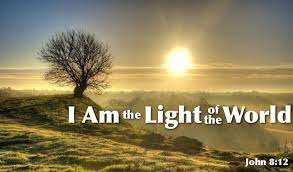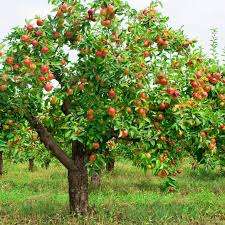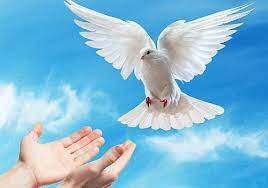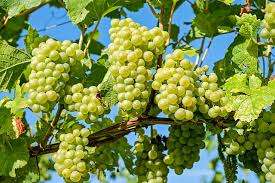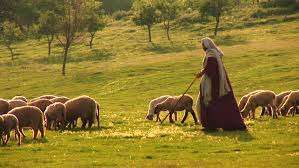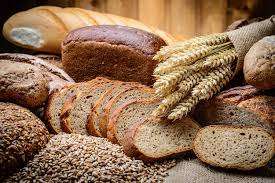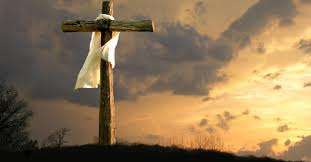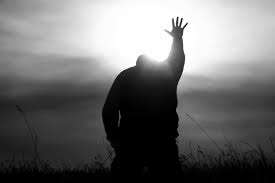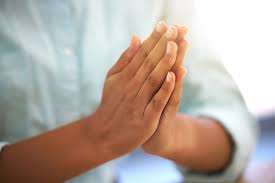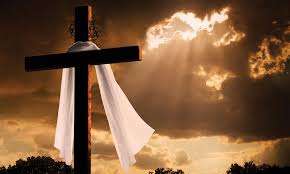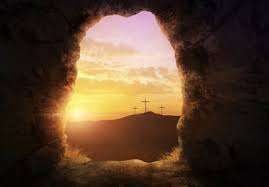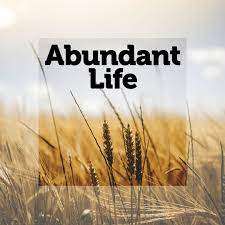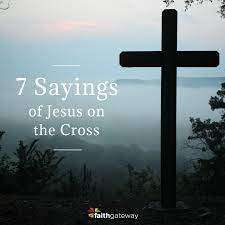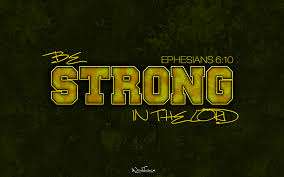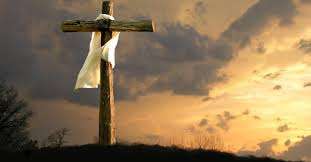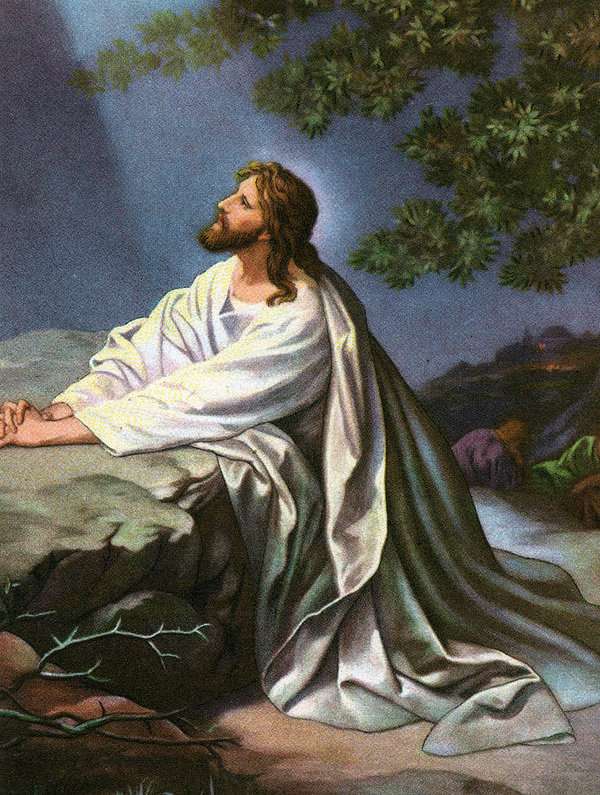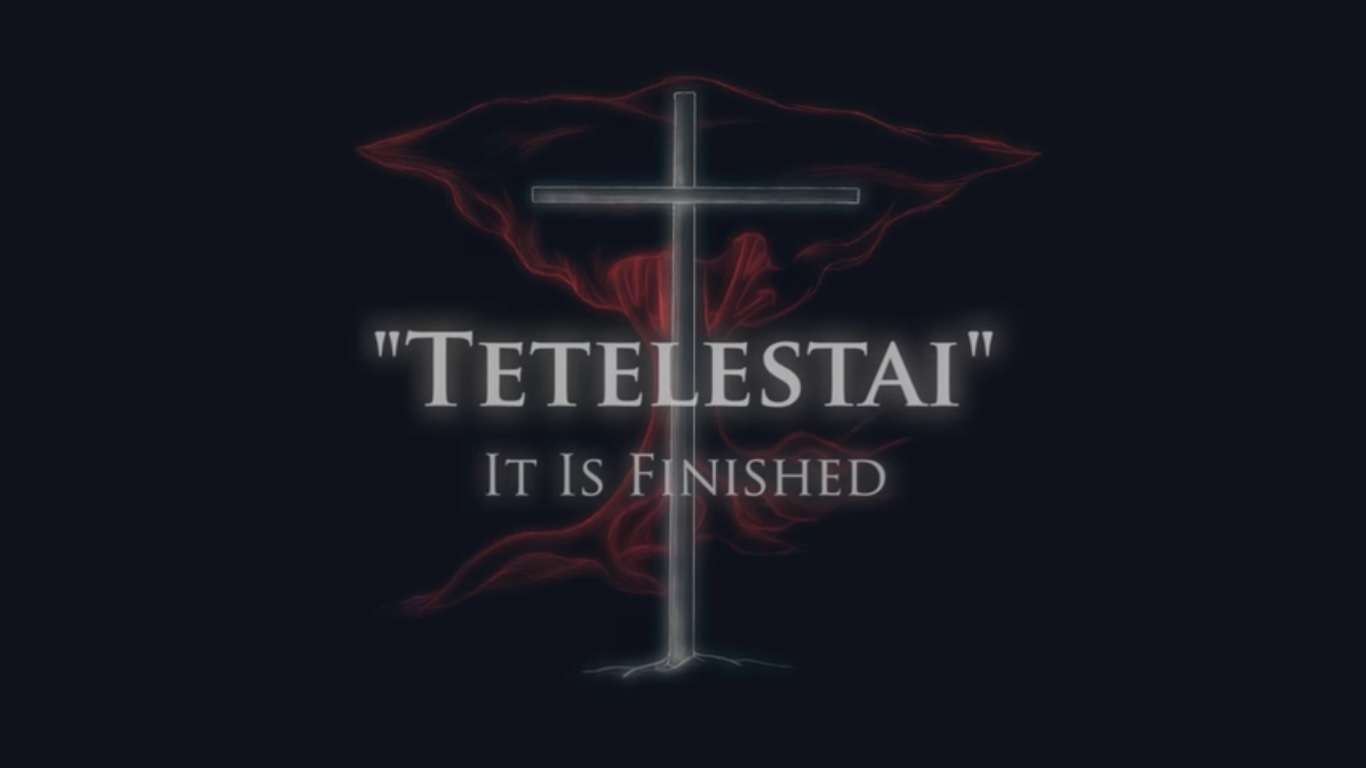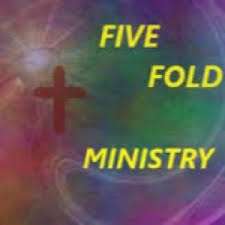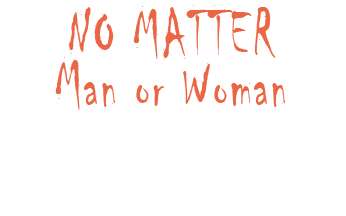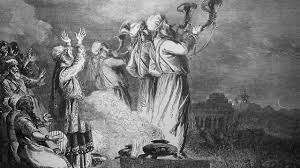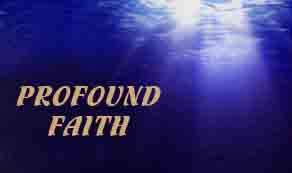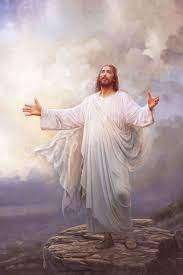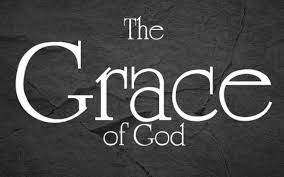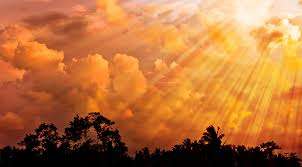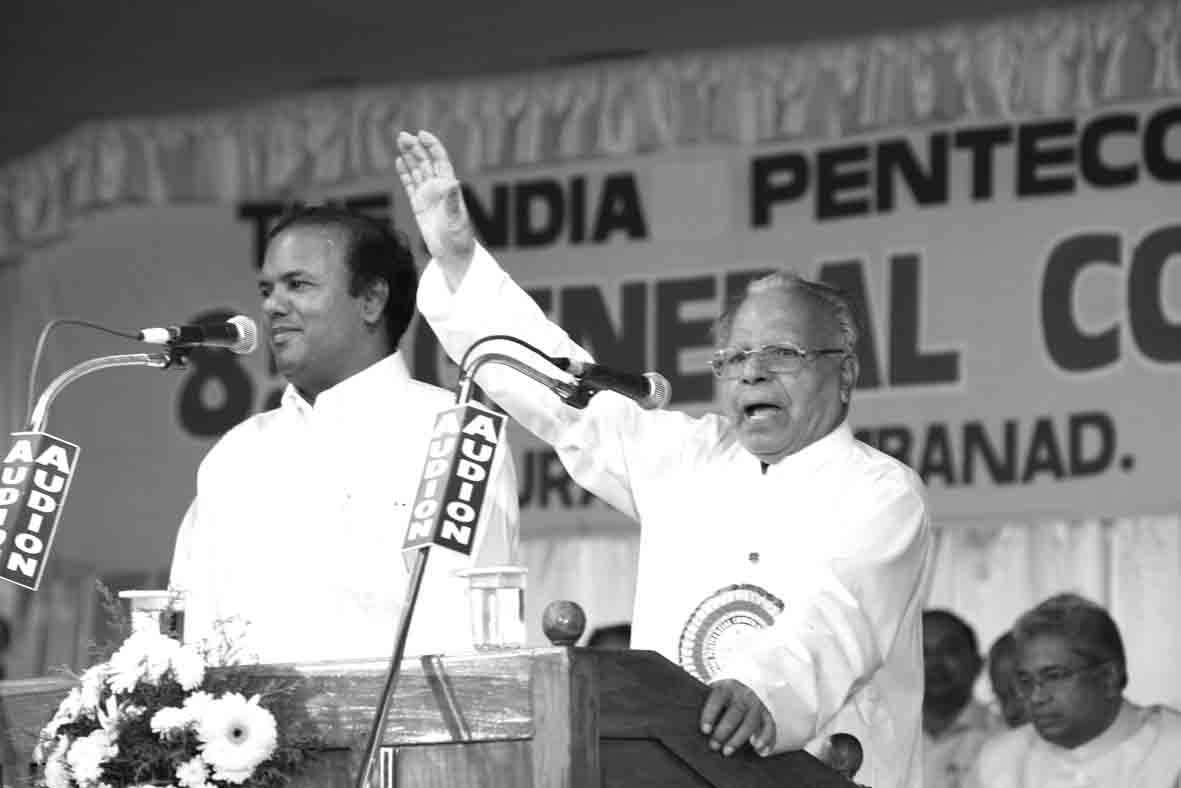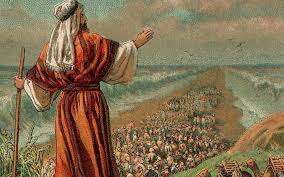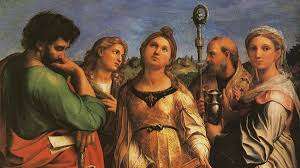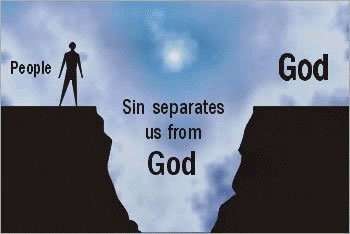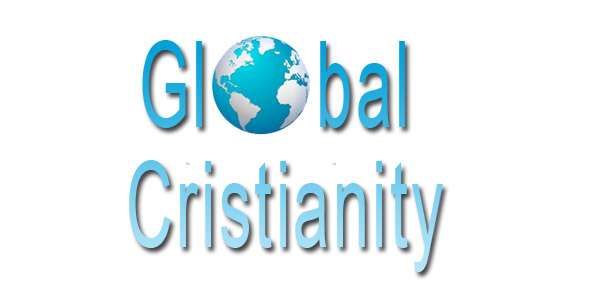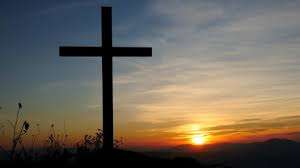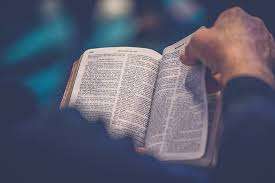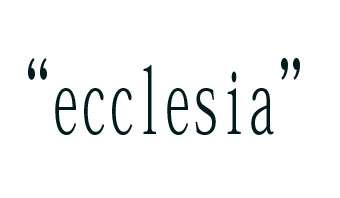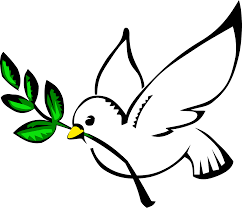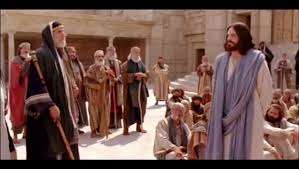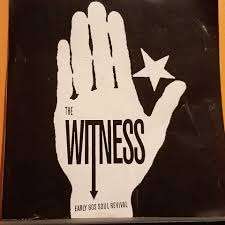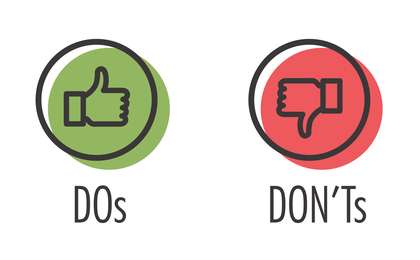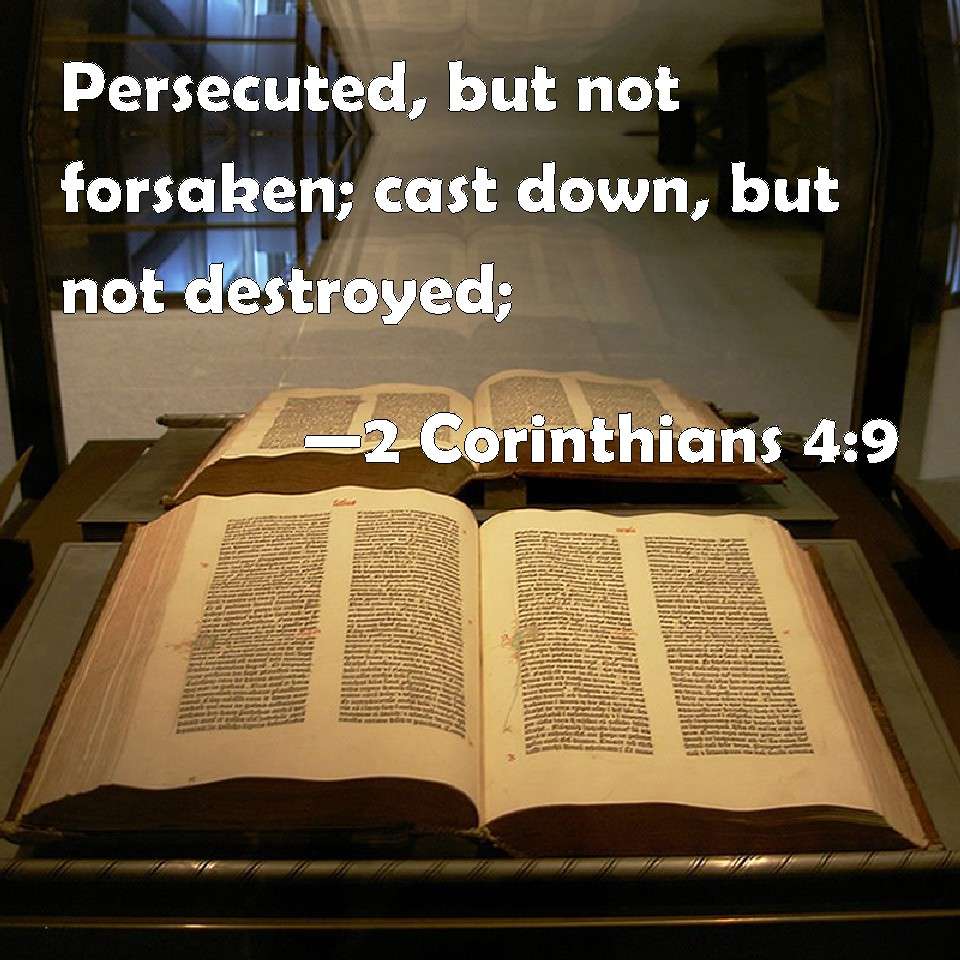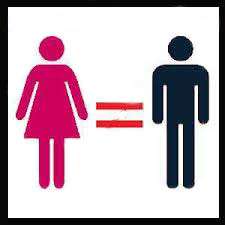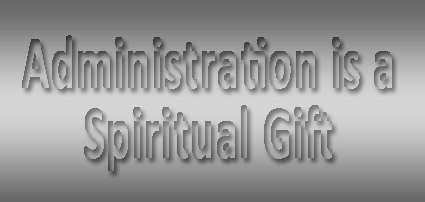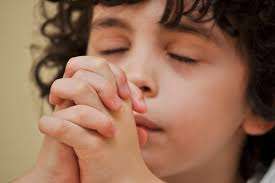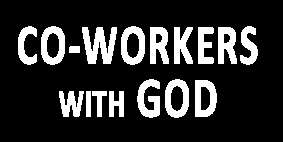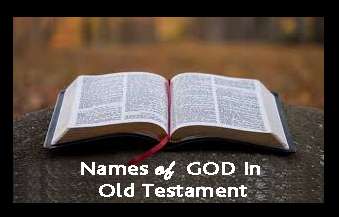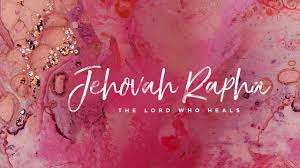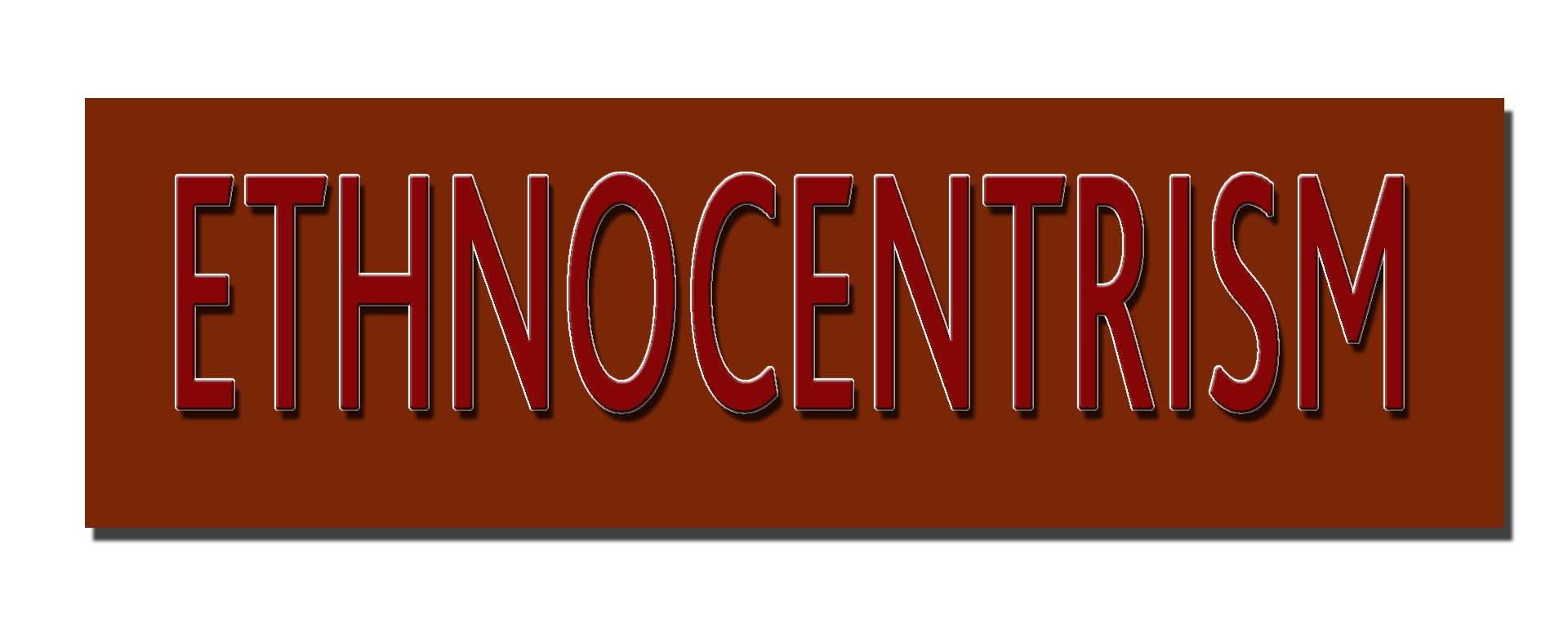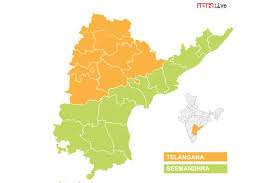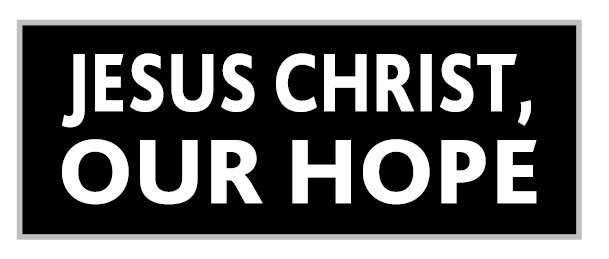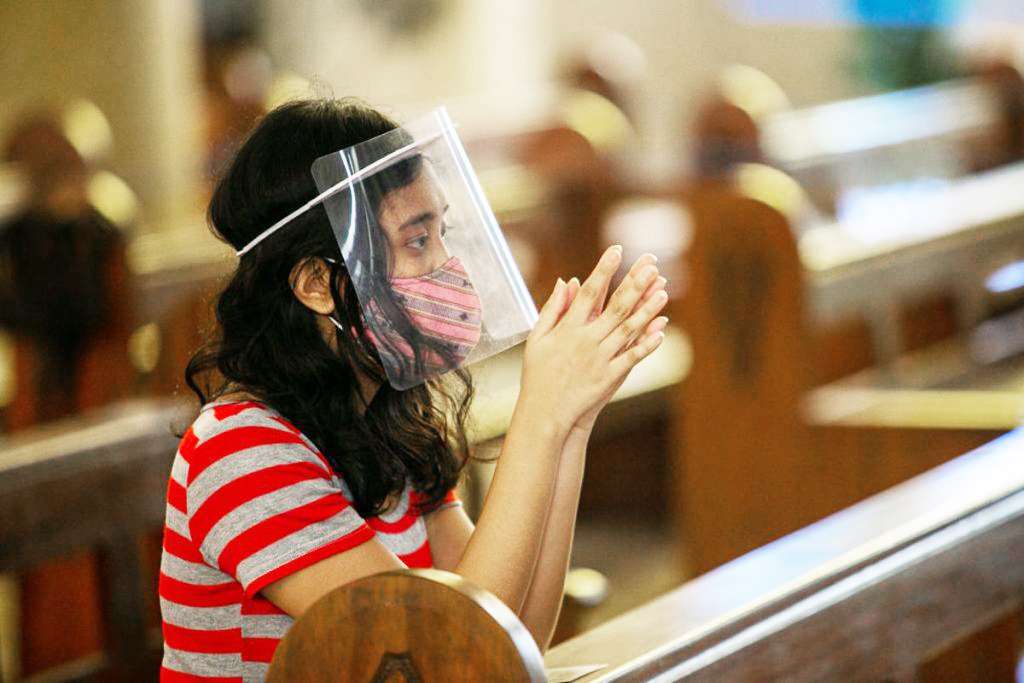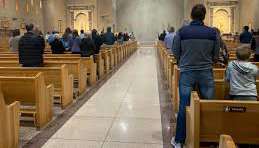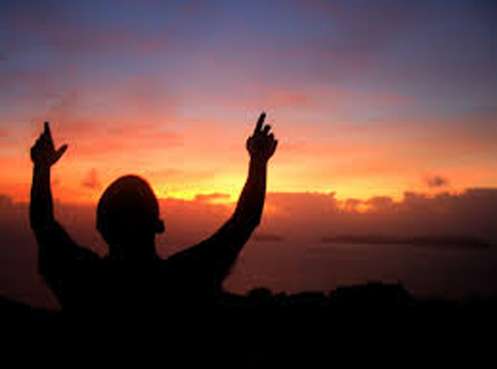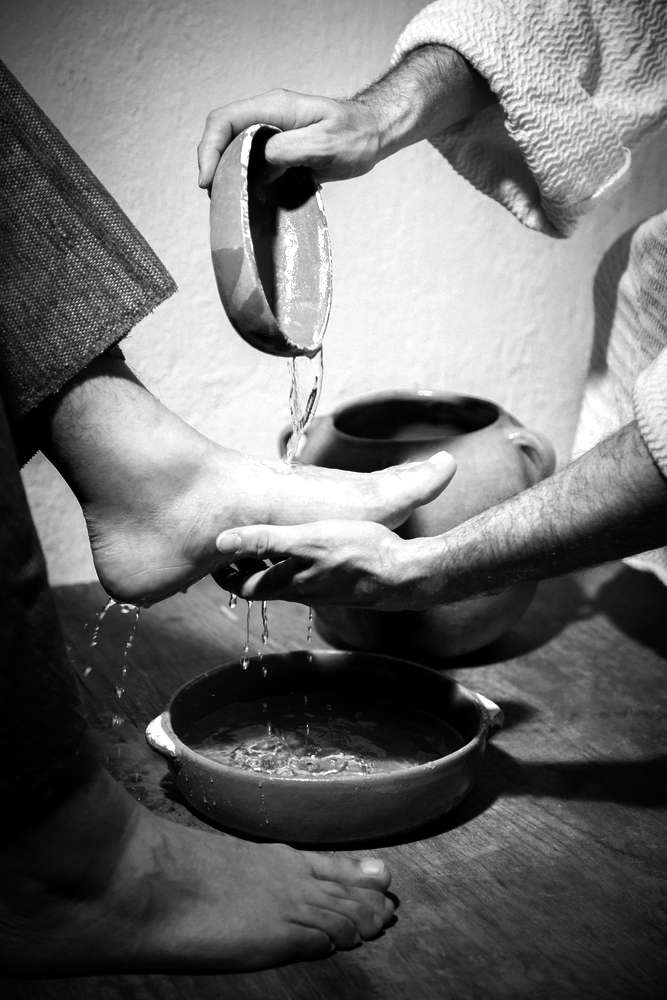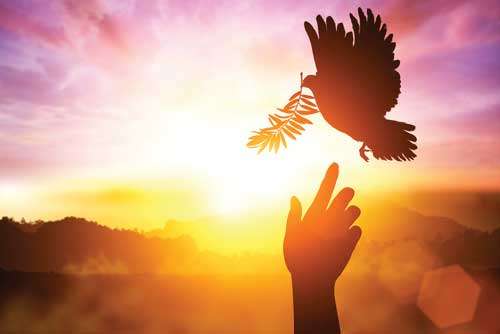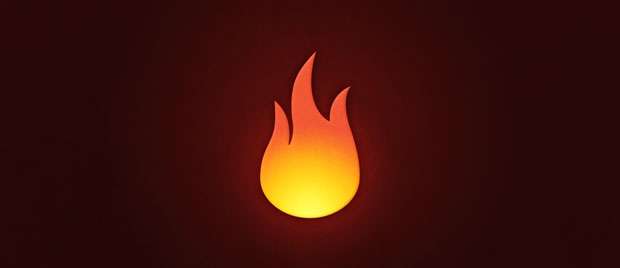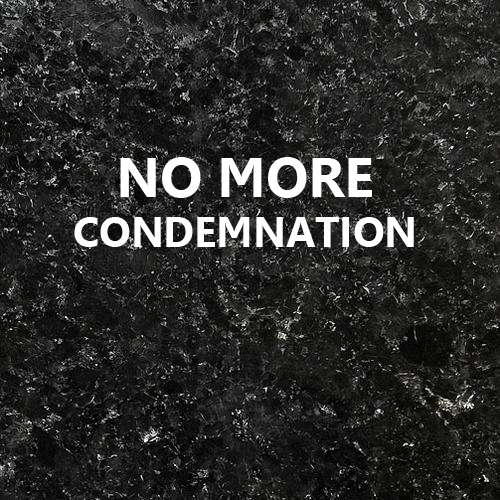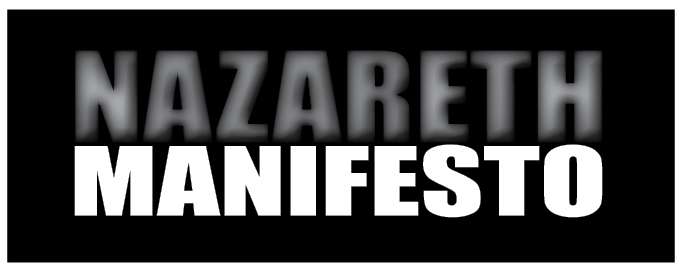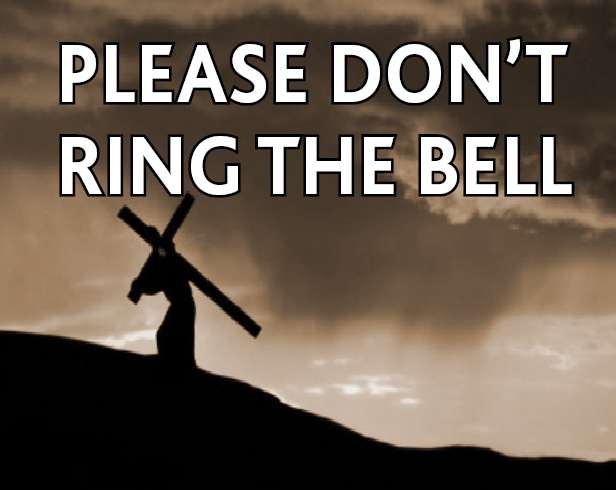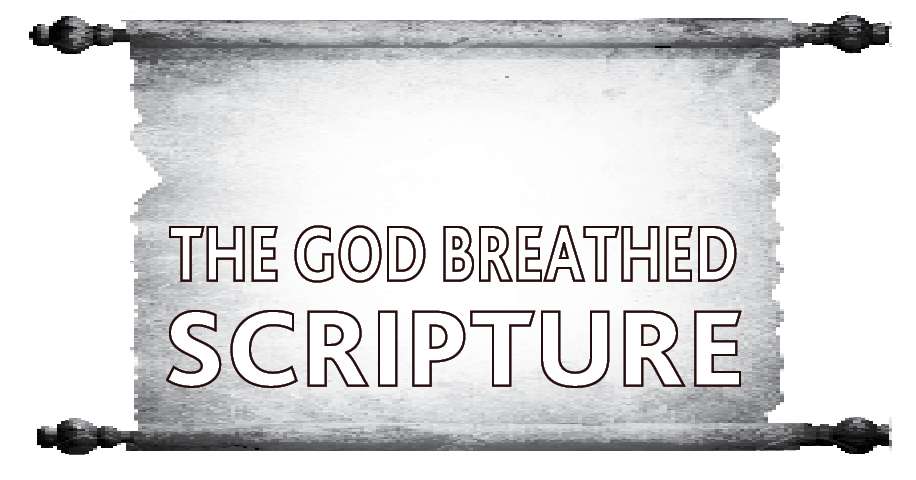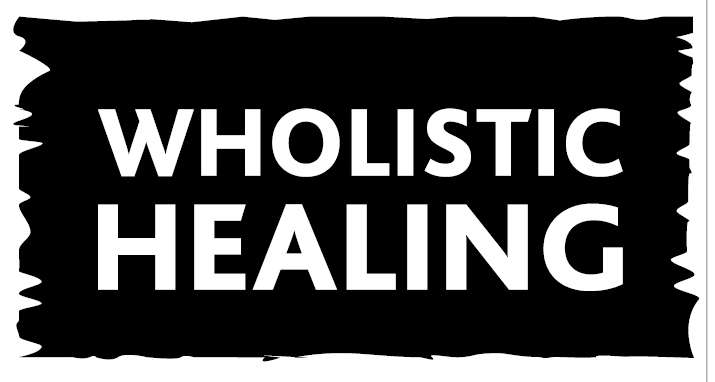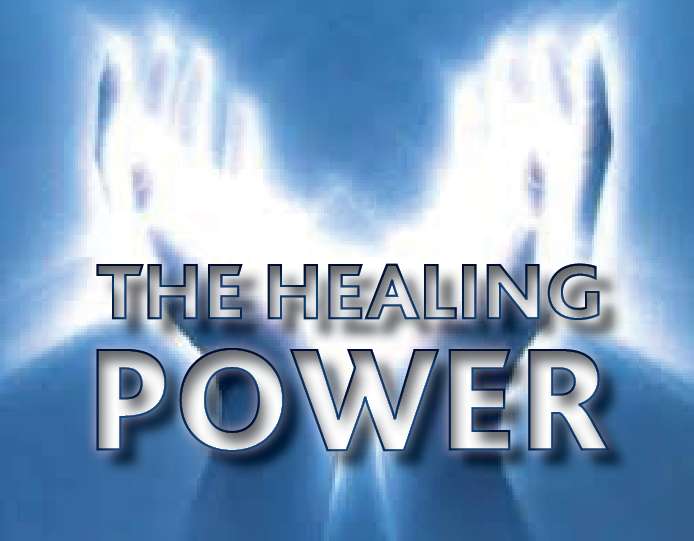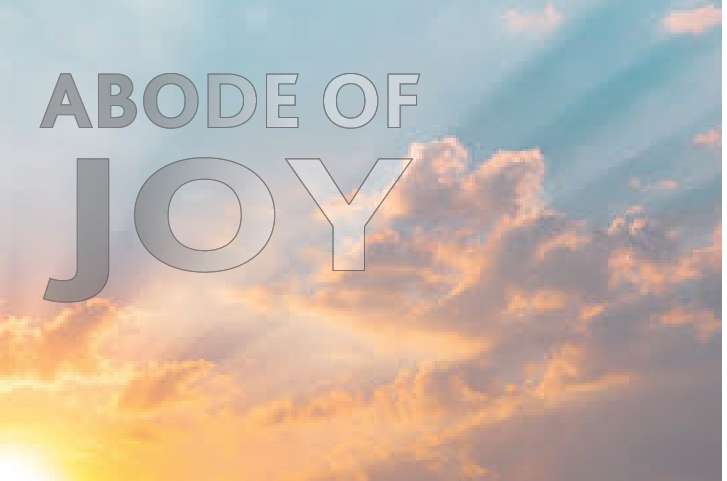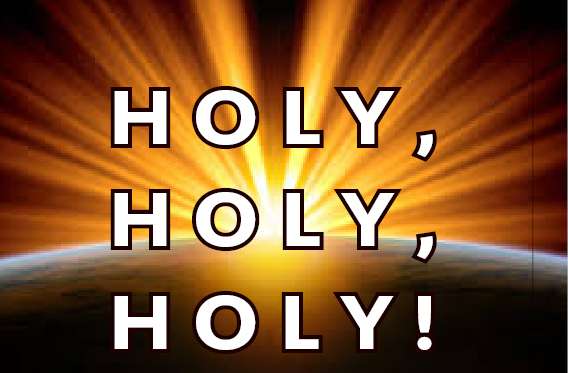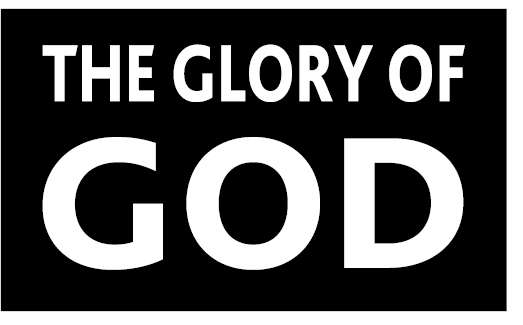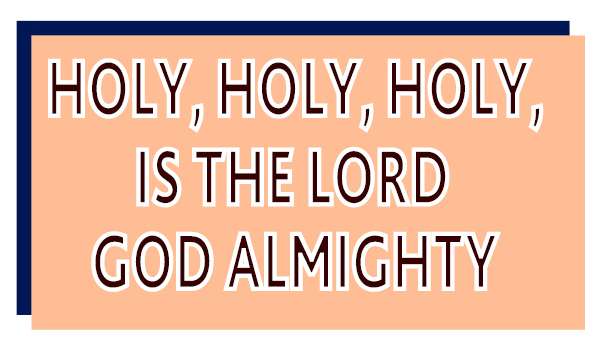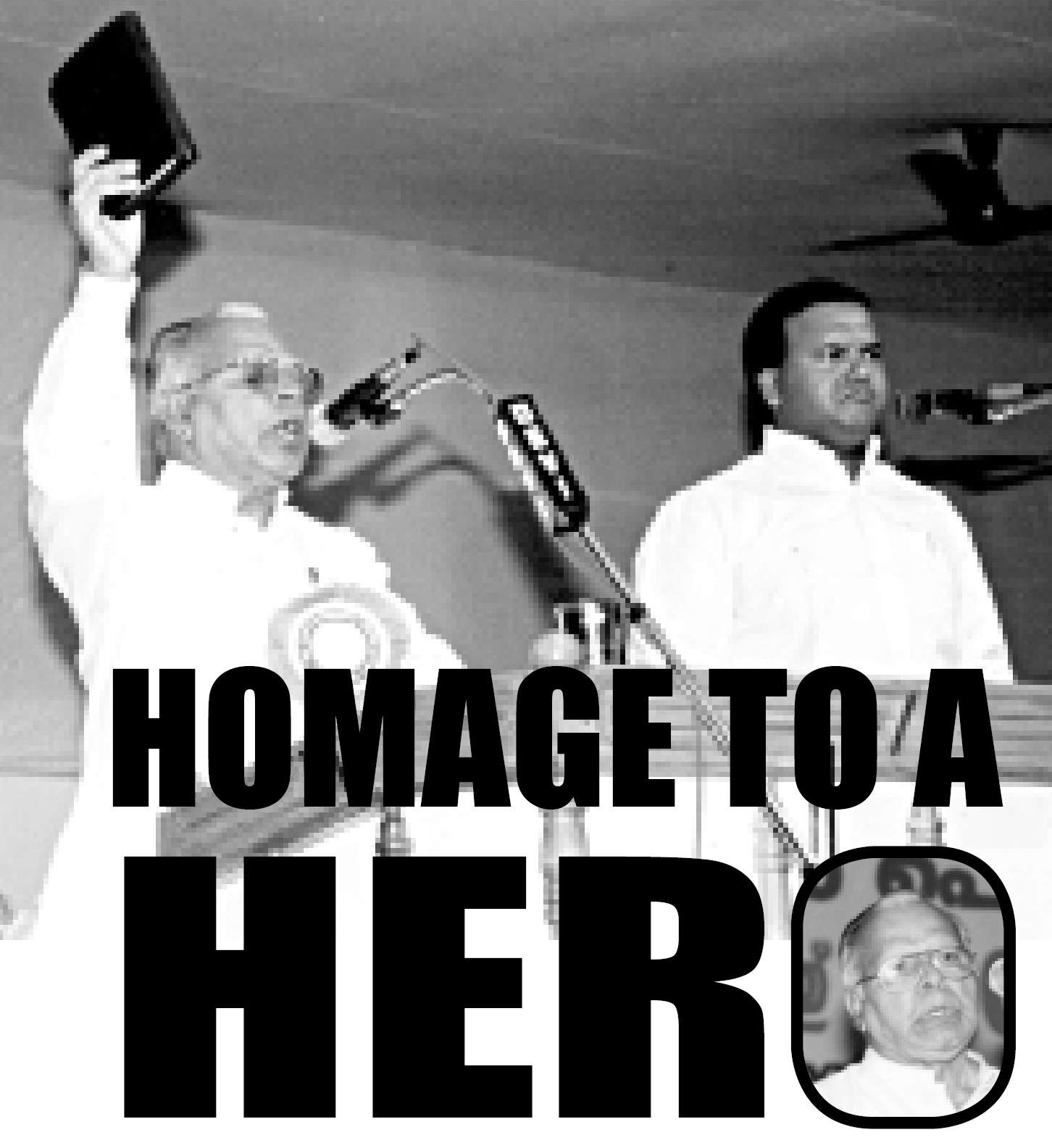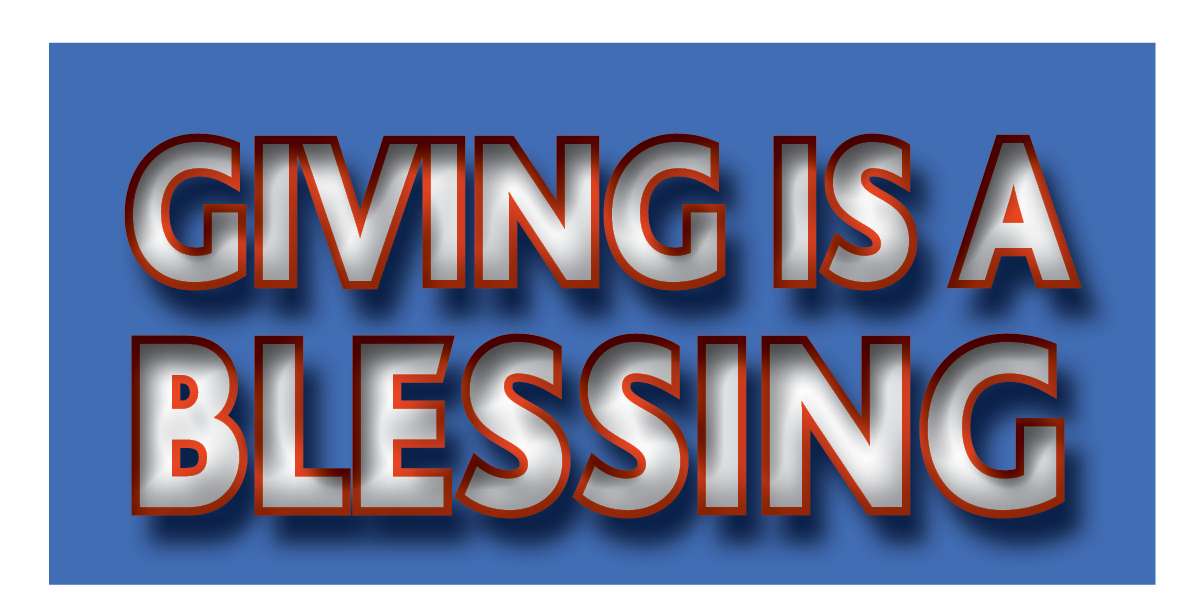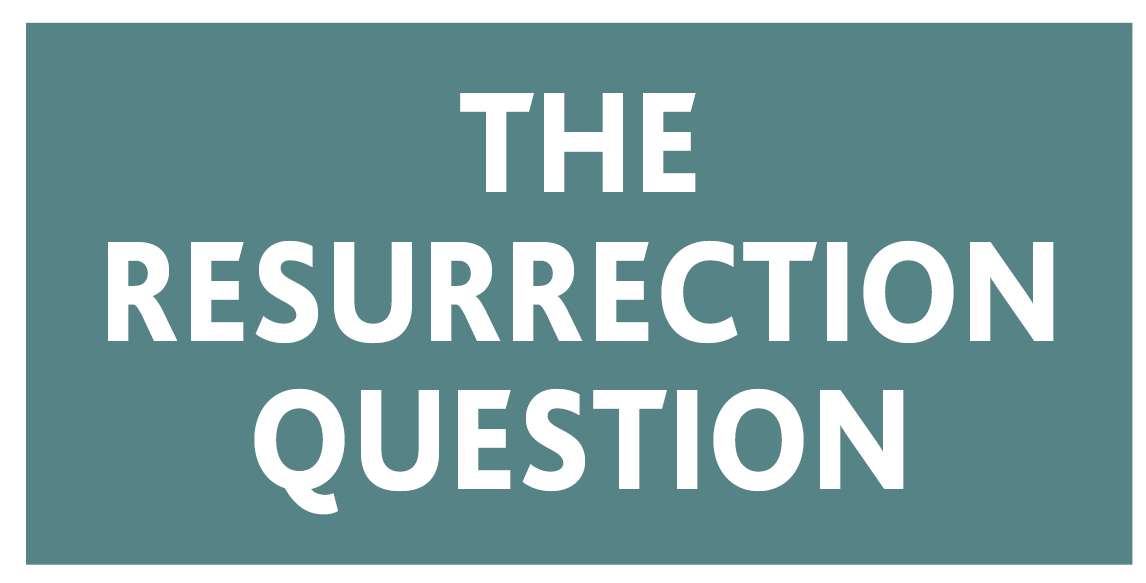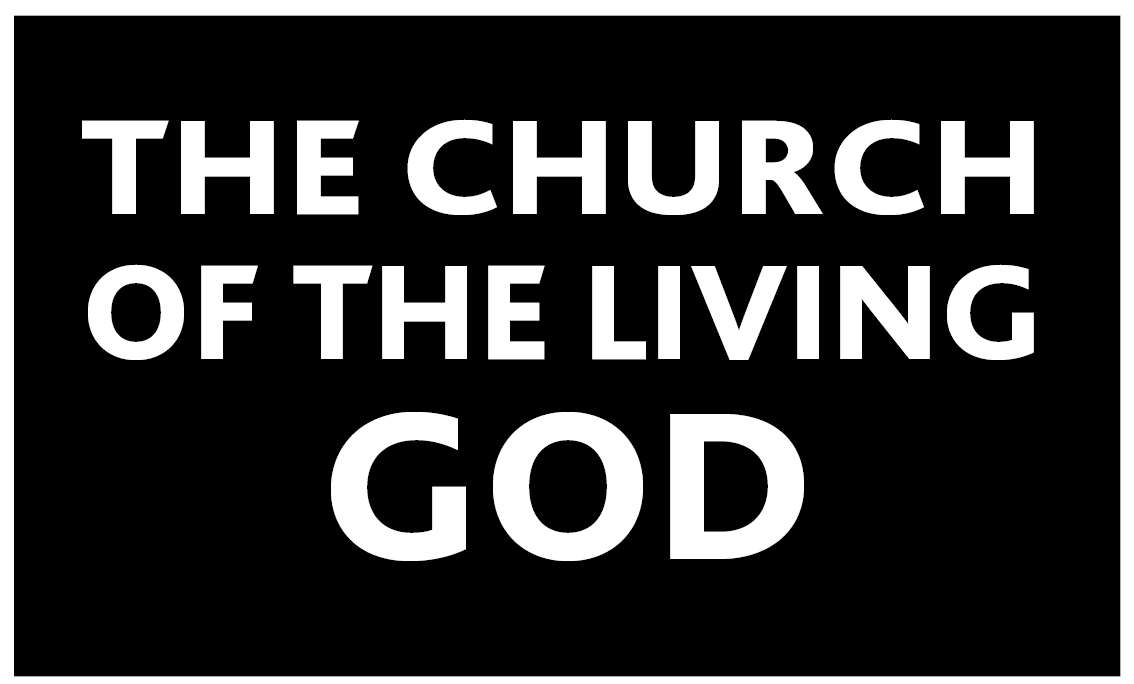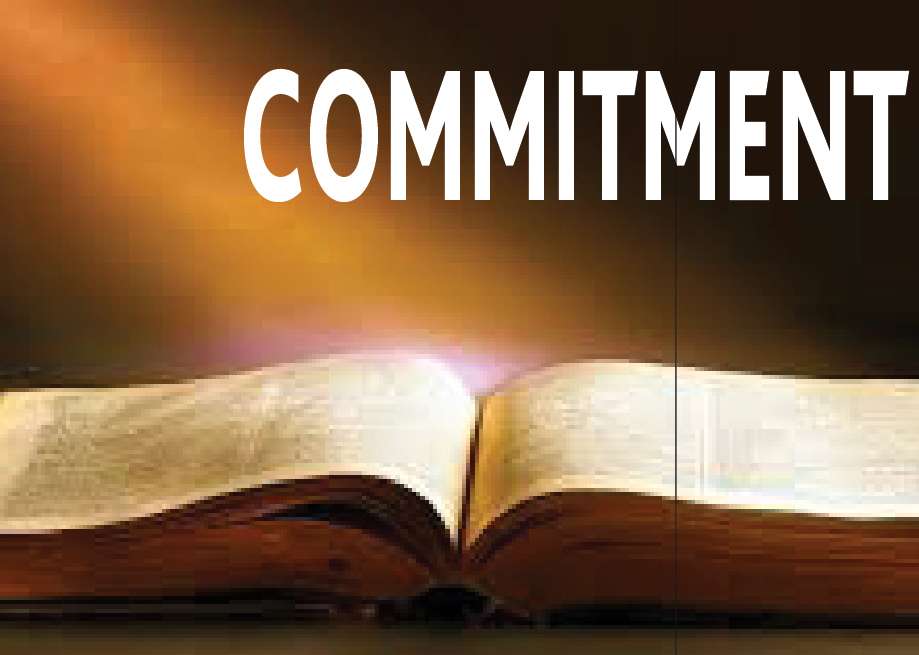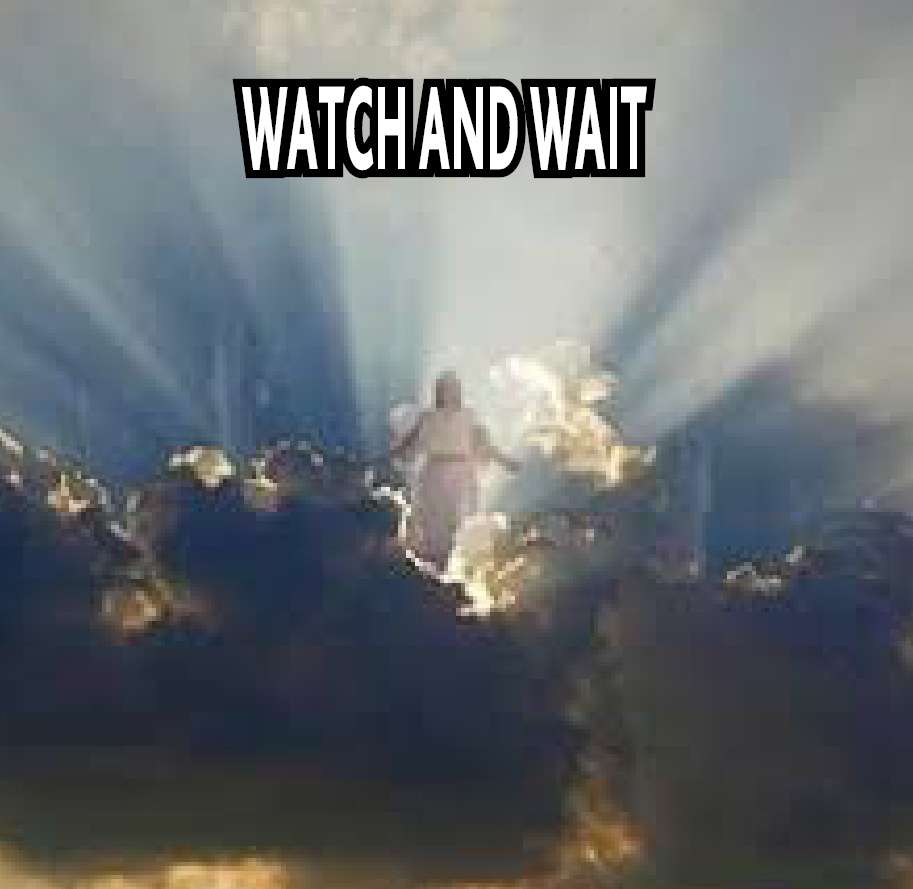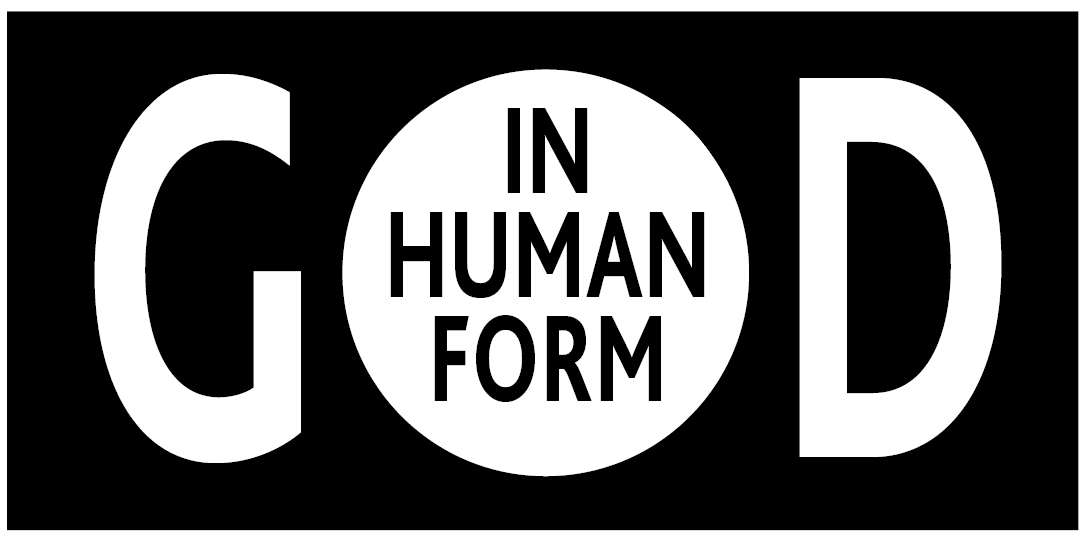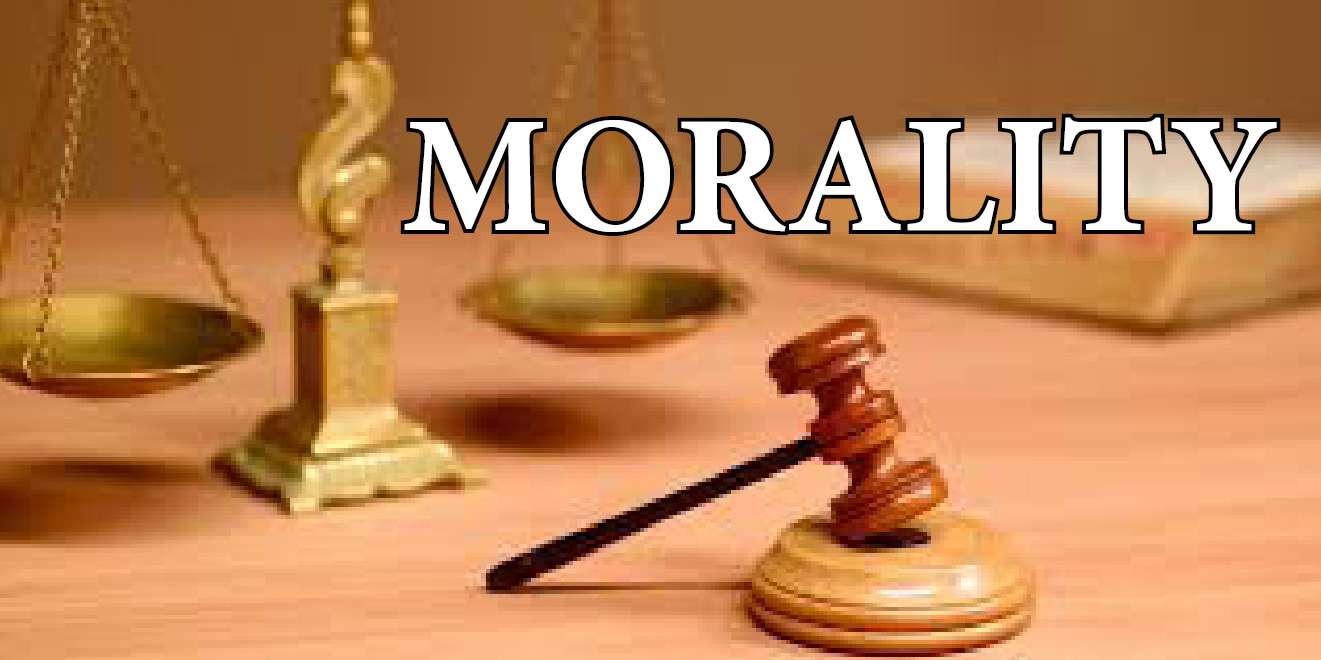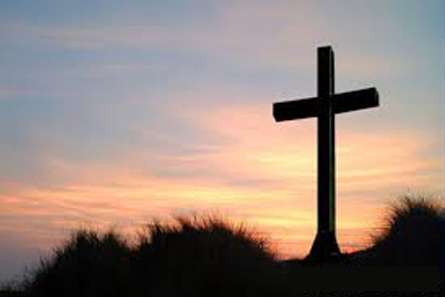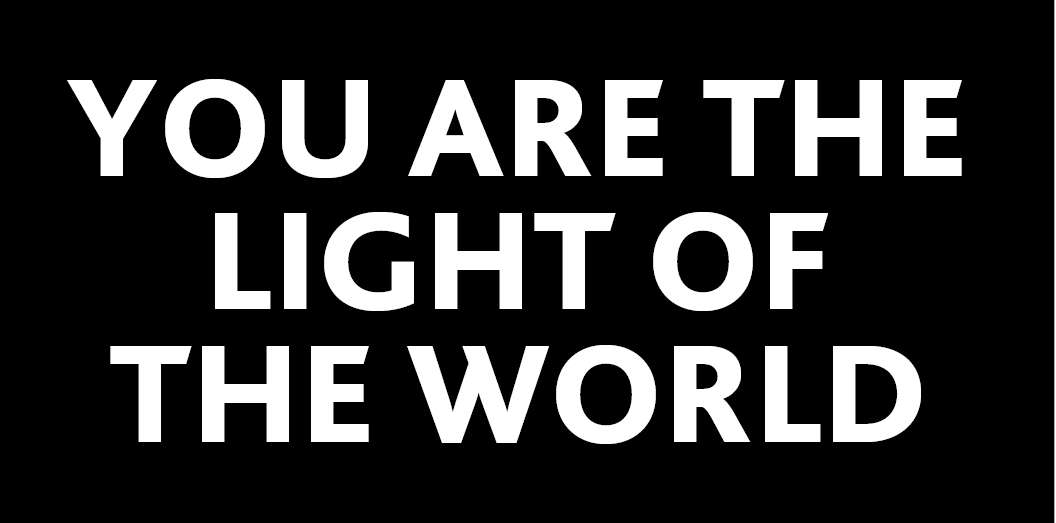

FESTIVALS
Dr. John K. Mathew
Three times a year all males in Israel were required to appear before God; at the feast of Passover, Pentecost and Tabernacles. Besides these, were the Feasts of Trumpets, and Day of Atonement. These feasts were designed to keep God in the thoughts of the people, and promote national unity. The sacrifices spoke of the blood that saved. The feasts spoke of the food that sustains. Both are of God. The feast of the Sabbath was given the foremost place. It was a perpetually recurring feast to be obeyed through the whole year on every seventh day. It was a day of worship and rest, celebrating the finished work of God in creation. Christians celebrate the first day of the week on the day our Lord arose from the grave. Thus we celebrate His finished work of redemption.
Exodus 12 gives us the thrilling story of the Passover, the clearest Old Testament picture of our individual salvation through faith in the shed blood of our Lord Jesus Christ. In this chapter is the basis for calling Christ the Lamb of God, Christ our Passover and the many tender references to His crucifixion as the death of our own Passover lamb. Paul writes, ‘For Christ, our Passover lamb has been sacrificed’ (1Cor.5:7). The Passover is the prominent feature of Exodus. Perhaps the children of Israel did not know the significance of this feast the night before they left Egypt, but they believed God and obeyed. The Passover spoke of redemption and was celebrated every spring. It was the 4th of July for the children of Israel. They did not celebrate it with fireworks and parades but by a great service of worship to God. The Jews were still celebrating this feast when our Lord was on this earth. Even today the Jews celebrate this feast.
The greatest day in the history of God’s chosen people is the day of atonements. On this day the sins of the nation were confessed. Confession is always the first step toward righteousness. It reveals a right attitude toward sin. It leads to a desire for forgiveness. God says, “If we confess our sins, he is faithful and just and will forgive our sins and purify us from all unrighteousness” (1 John 1:9).
This was the only day in the year when the high priest was permitted to enter the holy of holies. He went in with an offering for the atonement of the sin of the people. The way was not made open for the rest of humanity to approach God until our Lord Jesus Christ opened the way for us. Now we have boldness and access. Hebrews
10:19-22 reads, “Therefore, brothers, since we have confidence to enter the most holy place by the blood of Jesus, by a new and living way open for us through the curtain, that is his body and since we have a great priest over the house of God, let us draw near to God with a sincere heart...” Few other feasts are also referred to in the Scriptures. The Bible brings the festivals together as communication of the events of the Exodus. As New Testament believers we do not celebrate these festivals literally. We enjoy its intrinsic value and meaning.




